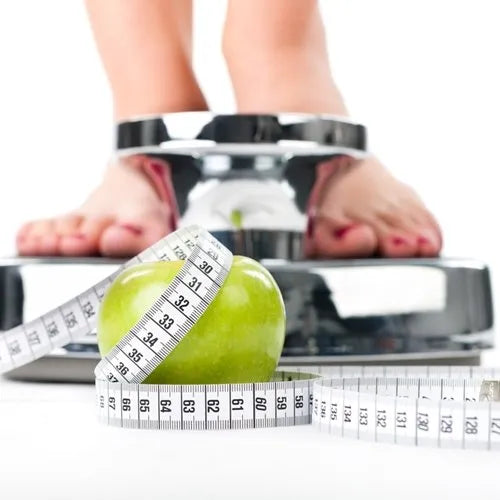
Protein is essential in a diet due to its ability to repair and maintain the body. According to MedlinePlus, protein is a major part of the skin, muscles, organs and glands. Everyone needs protein to help repair body cells and make new ones. It's also integral to growth and development throughout childhood, adolescence and pregnancy. Many, however, have made the life choice to live by a vegetarian diet. Although this means one of the most protein-packed foods, meat, is out of the picture, it doesn't mean there aren't other delicious and viable options to choose from.
How much protein do vegetarians require?
Many people are under the assumption that we need mass amounts of protein in our diets. While it is essential for our bodies, we do not require large quantities of protein. According to The Vegetarian Resource Group, only one calorie out of every ten needs to come from protein. The amount that you require is largely based on height, weight, age, physical activity level and body type. Look to your general health to determine if your body needs more protein or not. Make sure your hair and nails are growing properly, your wounds are healing well and you recover fairly quickly from routine illness.
Protein-packed foods for a vegetarian diet
Vegetarians can meet their protein needs simply by including the right foods into their diet. The Vegetarian Resource Group created a sample menu to demonstrate how easy incorporating protein really is. For breakfast, they recommended oatmeal, soy milk and a bagel. For lunch, two slices of whole wheat bread and some vegetarian baked beans. A snack could include crackers and peanut butter, and for dinner, try brown rice, broccoli and tofu.
When you're getting a wide variety of foods, you'll be getting all the amino acids you may need to keep your body strong and promote cell repair. Here are a few other foods that provide a good dose of protein:
Nuts
The nuts with the highest source of protein include peanuts, almonds, pistachios, cashews and pine nuts. They are also packed with heart-healthy fatty acids and antioxidants. While these work well as a snack, they can also be easily incorporated into meals. You can add your favorite nuts to a salad, sandwich, wrap or even baked goods.
Pea protein powder
A protein booster, like Naturade Pea Protein, is a fast, easy and delicious way to get a dose of essential protein. Pea protein is a natural plant-based protein that is derived from yellow peas and is soluble, easy to digest and tastes great! Available in both chocolate and vanilla, this tasty shake is all-natural and contains no animal by-products, artificial flavors, colors or sweeteners. It's an excellent source of protein for both vegetarians and vegans.
Grains
Whole grain carbohydrates are very high in protein and are essential for the growth of muscle. Quinoa is a protein-packed South American grain that has come into style in recent years as more and more individuals adopt veggie-based lifestyles. Quinoa can be cooked together with honey, berries and nuts for a healthy and balanced breakfast.






